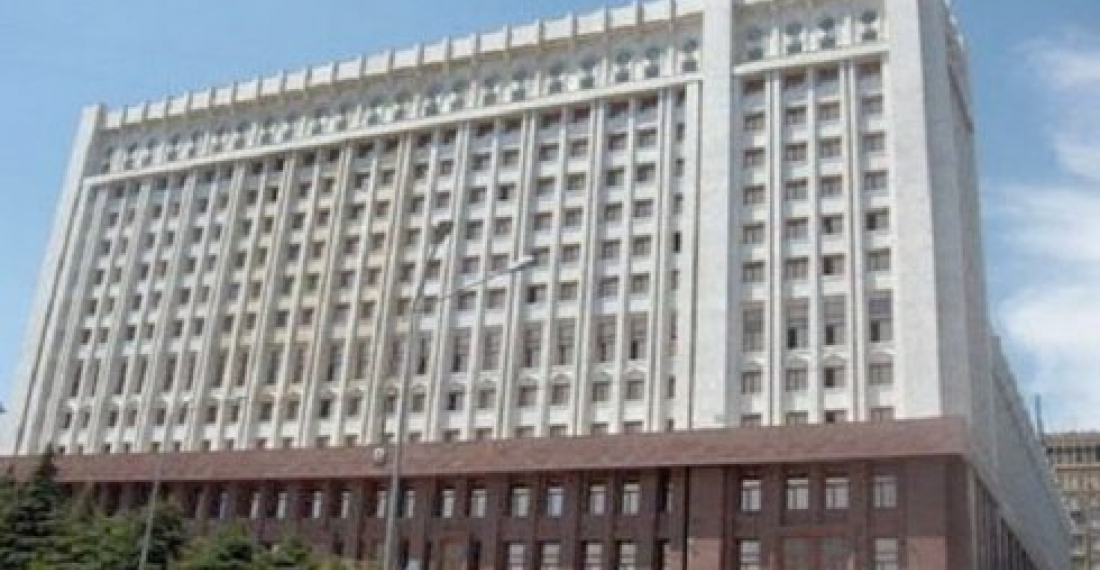- Armenia-Azerbaijan Strategic Expert Platform: Members emphasise the importance of the present moment for the South Caucasus and call for the momentum to be used for the long-term peace and prosperity of the region
- Thursday Interview: Dr. Anar Valiyev
- Food insecurity in Somalia has nearly doubled in the past year
- Türkiye evaluating potential measures in case of a US-Iran conflict
- European Parliament reaffirms support for Ukraine and EU Path
- EU moves ahead with Ukraine loan preparations despite Hungarian block
Process of personnel changes continues in Azerbaijan as Aliyev speaks of rejuvenation

A process of changes of personnel in the higher and middle echelons of the Azerbaijan's government continues.
On Friday, 1 November, President Ilham Aliyev appointed Samir Nuriyev to be Head of the Presidential Administration. Considered one of the most senior positions in the country the post had been occupied for more than two decades by Ramiz Mehtiyev, who resigned a few days ago. Samir Nuriyev is a relatively unknown person and was until today the Head of the State Committee on Architecture and Urban Planning.
President Aliyev also continues with changes in middle ranking positions of government, appointing new heads of district administrations. Speaking to Anar Tagiyev in connection with the appointment Head of Yevlakh District, and to and Elnur Rzayev as the head Khachmaz regionAliyev said that Azerbaijan is pursuing a policy of rejuvenation. This is natural, generations are changing, people are being put forward with new thinking. This is a natural process and we cannot stay away from it.
Aliyev however also warned against a witch hunt against the older generation and said he would not allow it.
"Azerbaijan needs to create unity between the experience and dynamism of youth. Through this synthesis, we can achieve great results. In addition, the older generation should share their experience"Aliyev told the newly appointed officials.
source: commonspace.eu with agencies








